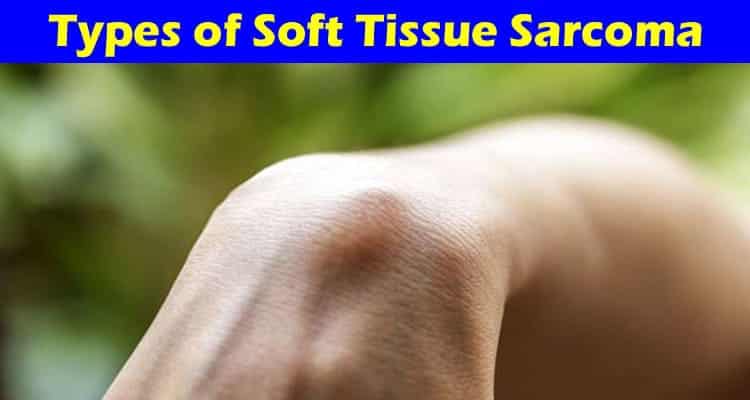Soft tissue sarcoma is a diverse group of rare cancers originating in the body’s soft tissues, encompassing a wide range of structures such as muscles, tendons, fat, blood vessels, nerves, and connective tissues. While relatively uncommon, these malignancies require a comprehensive understanding of their various types to facilitate accurate diagnosis and the formulation of precisely tailored treatment plans. In this comprehensive guide, you will delve into the intricacies of soft tissue sarcoma, exploring the multitude of subtypes within this complex cancer category.
Liposarcoma
Liposarcoma is one of the most prevalent forms of soft tissue sarcoma. It originates in fat cells and typically develops in the arms, legs, or abdomen. There are several subtypes of liposarcoma, each with distinct characteristics. These subtypes include:
Well-differentiated liposarcoma: Characterised by slow growth and often found in the limbs or the retroperitoneum.
Dedifferentiated liposarcoma: This aggressive subtype can develop from a pre-existing well-differentiated liposarcoma and often requires a comprehensive treatment approach.
Treatment options may vary based on the specific subtype and stage of the cancer. Surgery is often the primary treatment, but radiation therapy and chemotherapy may also be considered depending on the case.
Leiomyosarcoma
Leiomyosarcoma begins in smooth muscle cells, commonly found in the walls of the uterus, gastrointestinal tract, or blood vessels. This type of soft tissue sarcoma can occur at various sites within the body. Leiomyosarcoma is challenging to treat, and its management often requires a multidisciplinary approach involving surgical oncologists and other specialists.
Gastrointestinal Stromal Tumours (GISTs)
Gastrointestinal stromal tumours, or GISTs, are a subset of soft tissue sarcomas that arise in the gastrointestinal tract. They can develop in the stomach, small intestine, or other parts of the digestive system. GISTs are unique because they often have specific genetic mutations, such as mutations in the KIT or PDGFRA genes, which can influence treatment decisions.
Rhabdomyosarcoma
Rhabdomyosarcoma primarily affects children and adolescents. It originates in the cells that develop into skeletal muscles. This soft tissue sarcoma may occur in various body parts, including the head, neck, bladder, and reproductive organs. Due to its occurrence in young patients, treatment plans often involve paediatric oncologists specialising in caring for children with cancer.
Synovial Sarcoma
Despite its name, synovial sarcoma does not originate in synovial tissue. Instead, it arises in the soft tissue surrounding joints, often near large joints such as the knee or ankle. Synovial sarcoma can be aggressive and typically requires a combination of treatment modalities, including surgery, radiation therapy, or chemotherapy.
Fibrosarcoma
Fibrosarcoma is another subtype of soft tissue sarcoma that develops in fibrous tissue, such as tendons and ligaments. It can occur in various body parts, including the extremities and the trunk. The treatment approach for fibrosarcoma depends on factors like the tumour’s size, location, and stage.
Angiosarcoma
Angiosarcoma originates in the blood vessels or lymphatic vessels and can occur in the skin, breast, or other soft tissues. This subtype of soft tissue sarcoma may be challenging to diagnose and treat due to its diverse presentation.
Alveolar Soft Part Sarcoma
Alveolar soft part sarcoma is a rare subtype that usually affects young adults. It often develops in the deep soft tissues of the limbs. Comprehensive evaluation and management by specialists are essential for addressing this particular sarcoma.
Understanding the specific type of soft tissue sarcoma is crucial for determining the most effective treatment plan. Each subtype may respond differently to therapy, and a precise diagnosis is essential for providing patients with the best possible care.
In conclusion, soft tissue sarcoma encompasses various subtypes with unique characteristics and challenges. Early detection and accurate diagnosis are critical in tailoring treatment approaches to the specific type and stage of the cancer. While soft tissue sarcoma is relatively rare, ongoing research and advancements in medical science continue to improve the understanding and treatment options for these complex malignancies. Patients diagnosed with soft tissue sarcoma benefit from a multidisciplinary approach, including surgical intervention, radiation therapy, chemotherapy, and targeted therapies, all aimed at providing the best possible outcomes and improving the quality of life for those affected by this condition.


